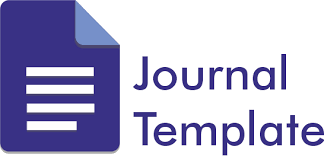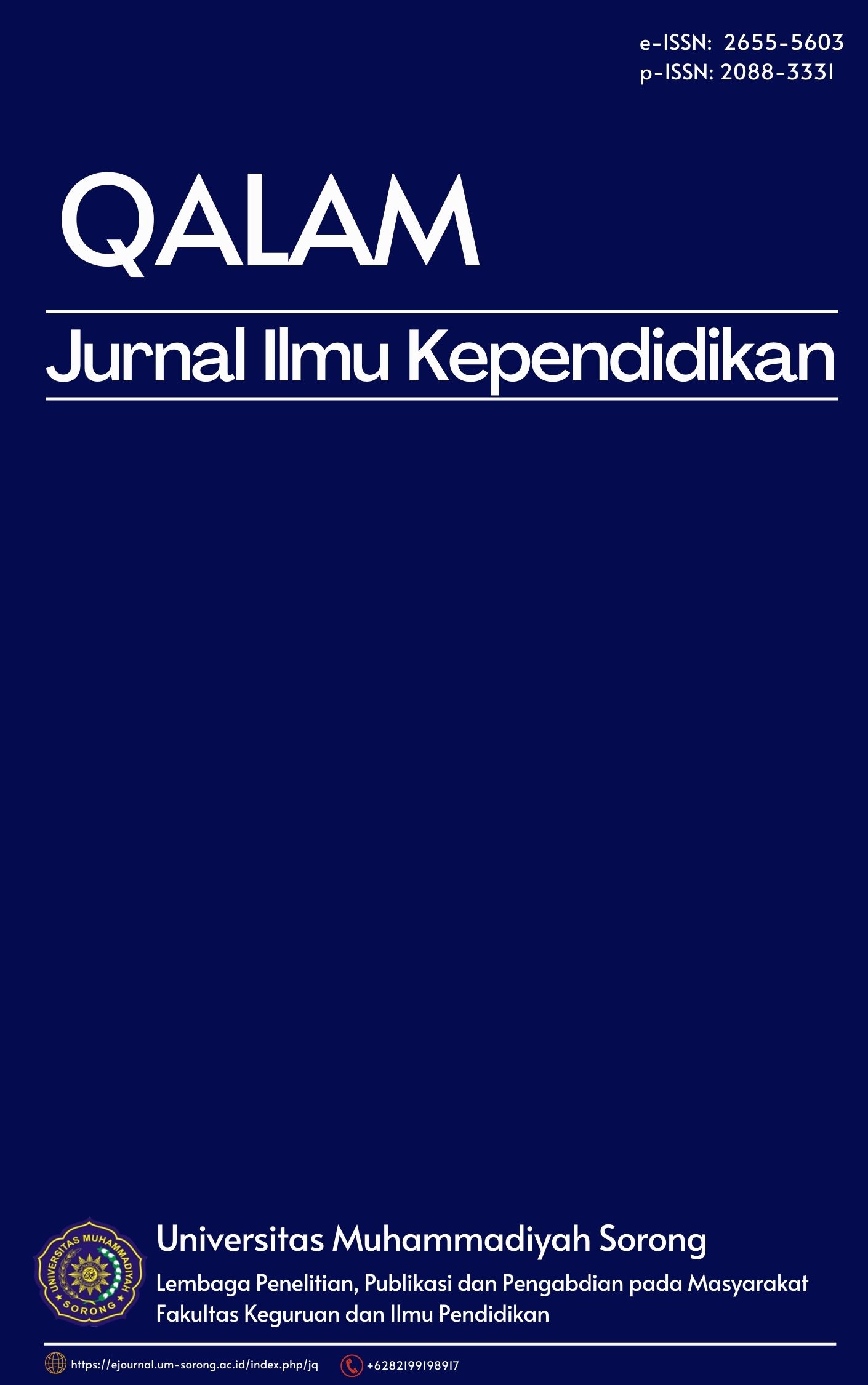The Effect of Listening Journal on Speaking Ability
DOI:
https://doi.org/10.33506/jq.v9i2.1190Keywords:
listening journal, speaking abilityAbstract
This study examines the effectiveness of using listening journals to students speaking ability. At this moment, researchers were used the listening journal to facilitate learning how to speak. The researchers tested what the effect of the treatment would be on students' speaking abilities. The participants consist of 11 male and 39 female English education students from the Universitas Muhammadiyah Sorong. Data was gathered using a test to determine the students' speech level. This research was under descriptive quantitative, using a pre-experimental design with a center on the sort of one group pretest-posttest design. The information were displayed by the significance of hypothesis testing which appears that the Sig. (2-tailed) the significance of the report is 0.000 less than the level of value 0.05. Therefore, the null hypothesis was rejected and the alternative hypothesis was accepted. The results showed that there was an impact use of listening journal media on students' speaking skills.
References
Adhikari, B. R. (2010). Teaching speaking in the Nepalese context: Problems and ways of overcoming them. Journal of NELTA, 15(1-2), 1-9.
Akib, M., & Saputra, D. (2019). Effects of the Dictogloss Method in Teaching Listening Skills to Students. Qalam: Jurnal Ilmu Kependidikan, 8(2), 69-73.
Arikunto, S. (2010). Prosedur Penelitian Suatu Pendekatan Praktik. Jakarta: Rineka Cipta.
Bahrani, T., & Soltani, R. (2012). How to teach speaking skill. Journal of education and Practice, 3(2), 25-29.
Brown, H. D. (2001). Teaching by principles: an interactive approach to language pedagogy. New York.
Brown, H. D., & Abeywickrama, P. (2010). Language assessment: Principles and classroom practices (Vol. 10). White Plains, NY: Pearson Education.
Brown, G., & Yule, G. (1983) Teaching the Spoken Language: An Approach Based on the Analysis of Spoken English. New York: Cambridge University Press.
Calero Vallejo, P. E. (2018). Listening journals for extensive and intensive listening practice for second level students BGU at Unidad Educativa Francisco Flor (Bachelor's thesis, Universidad Tècnica de Ambato. Facultad de Ciencias Humanas y de la Educaciòn. Carrera de Idiomas).
Chen, C. W. Y. (2019). Guided listening with listening journals and curated materials: a metacognitive approach. Innovation in Language Learning and Teaching, 13(2), 133-146.
Chen, J. C. (2007). Enhancing technology college students’ English listening comprehension by listening journals. p143-160.
Fauzanna, W. (2017). Listening journals for extensive listening practice of EFL students at Andalas University. Proceedings of ISELT FBS Universitas Negeri Padang, 5, 331-335.
Galloway, N., & Rose, H. (2014). Using listening journals to raise awareness of Global Englishes in ELT. ELT journal, 68(4), 386-396.
Harmer, J. (2007). The practice of English language teaching 4th ed. England: Pearson Education Limited.
Katchen, J. E. (1996). Listening journals: A way to enhance students’ listening strategies. In Twelfth Conference on English Teaching and Learning in ROC (pp. 393-412).
Krebt, D. M. (2017). The effectiveness of role play techniques in teaching speaking for EFL college students. Journal of Language Teaching and Research, 8(5), 863-870.
Leong, L. M., & Ahmadi, S. M. (2017). An Analysis Of Factors Influencing Learners’english Speaking Skill.
Nunan, D. (1991). Language teaching methodology (Vol. 192). New York: prentice hall.
Park, H., & Lee, A. R. (2005). L2 learners’ anxiety, self-confidence and oral performance. In Proceedings of the 10th Conference of Pan-Pacific Association of Applied Linguistics (pp. 107-208).
Ruiz Nascimento, M. (2018). The Effects of Listening Journals in the Development of University Students' Listening Skills.
Santoso, S. (2017). Menguasai Statistik dengan SPSS 24. Elex Media Komputindo.
Schmidt, A. (2016). Listening Journals for Extensive and Intensive Listening Practice. In English Teaching Forum (Vol. 54, No. 2, pp. 2-11). US Department of State. Bureau of Educational and Cultural Affairs, Office of English Language Programs, SA-5, 2200 C Street NW 4th Floor, Washington, DC 20037.
Sugiyono. (2008). Metode penelitian pendidikan:(pendekatan kuantitatif, kualitatif dan R & D). Alfabeta.
Thornbury, S. (2005). How to teach speaking. Longman.
Torky, S. A. E. (2006). The Effectiveness of a Task-Based Instruction Program in Developing the English Language Speaking Skills of Secondary Stage Students. Online Submission.
Zuhriyah, M. (2017). Storytelling to improve students’ speaking skill. English Education: Jurnal Tadris Bahasa Inggris, 10(1), 119-134.
Downloads
Published
How to Cite
Issue
Section
License
The article copyright is owned by the author and Qalam: Jurnal Ilmu Kependidikan

This work is licensed under a Creative Commons Attribution-ShareAlike 4.0 International License.




